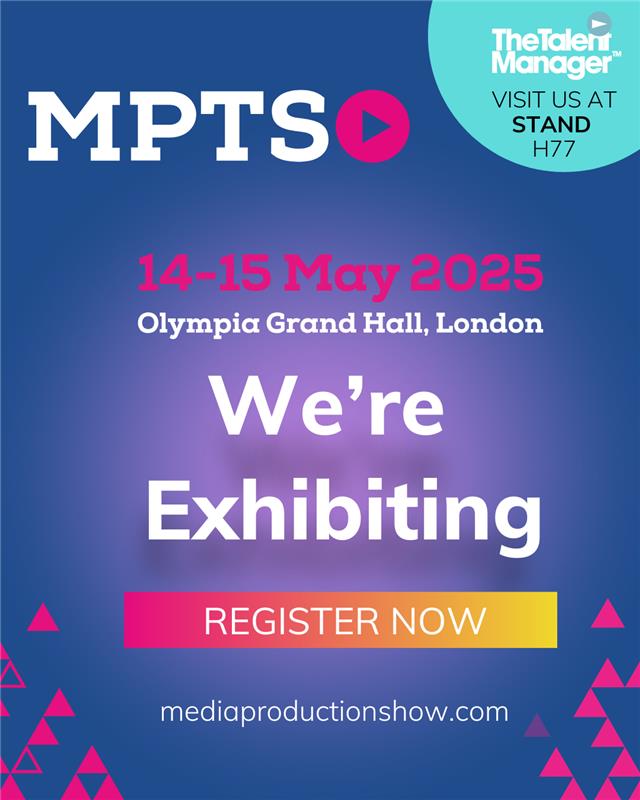The Bafta-winning producer of BBC2’s Muslims Like Us has called on public service broadcasters to up their game in taking a rounded view of diversity and continue to use factual entertainment to challenge public attitudes.
Mobeen Azhar said that only by “raising the bar” on understanding of diversity of experience will TV move away from being “fixated on identity in a really narrow context”.
Speaking on the Edinburgh panel Is TV too Woke?, the broadcaster and journalist illustrated this with an experience in which he was asked to develop an idea around an unnamed female ‘TV face’ about British Asian identity.
“She told me, ‘they’ve put my name on this and I know we meant to develop an idea – I grew up in middle east, I went to private school, I don’t know much about British Asian identity,’” he related. “You’ve got a department wanting to commission a particular programme, but that’s not helpful if that person doesn’t have that diversity of experience
I believe passionately in public service broadcasting and if we are going to represent the public, we are going to have to have a higher bar for what diversity is.”
Azhar said it was “quite depressing” that 62% of the public in a survey discussed in the session thought ‘PC has gone too far’.
The challenge for broadcasters is to find ways of appealing to “a whole section of society, including cis, straight and white people, who keep getting told they’re kind of evil”.
He cited the impact of a trans person winning Big Brother in its early days as an example for how TV can “have discussions and entertain and uplift” people while educating them or provoking debate.
GB News presenter Inaya Iman, who has criticised ‘woke’ thinking, agreed that diversity efforts often derive from “a narrow spectrum” of ideological thought that reduces characteristics to a “tickbox exercise”.
She added: “It shouldn’t be about a list of identity categories but seeing people in the fullness of who they are.”
‘Not woke enough’
Meanwhile, comedy producer Ash Atalla, who runs People Just Do Nothing indie Roughcut TV, related that writers are increasingly tell him their idea will ‘never get on because it’s not woke enough’.
“This has come in hard and fast in the past two years,” he said. “What a bewildering and disorientating feeling it is to be in those meetings when I’ve spent 15 years being told the complete opposite. The playing field has only started to come close to even in the past two or three years and the cries of foul play have been extremely grim.”
Praising Jack Thorne’s MacTaggart lecture, Atalla – who uses a wheelchair after contracting polio as a child – said the diversity debate remained stifled by an imbalanced “culture of outrage”.
“If a non-disabled actor plays a disabled role, the volume of outrage is very little,” he said. “Were an actor to ‘black up’, there would be riots on Horseferry Road. We have to acknowledge that the person who shouts loudest in the room isn’t necessarily right. People have become strategic about how they get their voice heard – and some disabled people literally can’t speak up as well as others.”
Atalla said in reading scripts, he decides whether a provocative line or situation is “a hill worth dying on”, adding: “Being funny isn’t necessarily about testing the ‘woke’ boundaries.”
Both Azhar and Channel 4 head of news and sport Louisa Compton both said programme-makers had to resist voices with an agenda speaking out about programmes before they air.
Regarding recent C4 documentary Did Covid Leak from a Laboratory in China?, Compton said: “Pre-broadcast, we had small amount of criticism concerned we were going to increase xenophobia towards Chinese people. The criticisms died away – [because] it was a responsible piece of journalism. As TV makers, you’re very much alive to that now and it’s never going to stop us from doing different and challenging subjects.”
Azhar said he would not engage in debates with anti-vaxxers or climate change deniers on his radio shows, but said he had a duty to confront their point of view with evidence.
“Am I going to give them a platform because it’s a ‘valid opinion’? Absolutely not. [But] I’ll make sure there’s a doctor there to explain. The same goes for climate change denial – I’ll read the text out – [then it’s] how do we convince this person, how do we take them with us?
“We’ve got to do this to show people that PC hasn’t ‘gone mad’ – because it hasn’t.”



